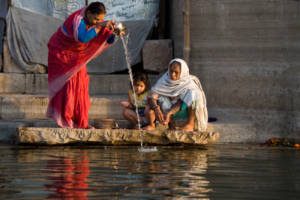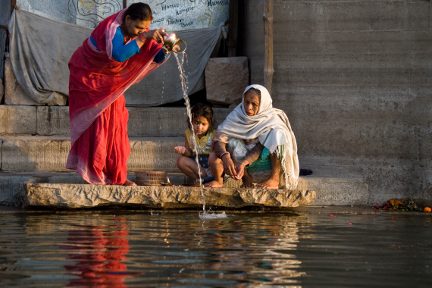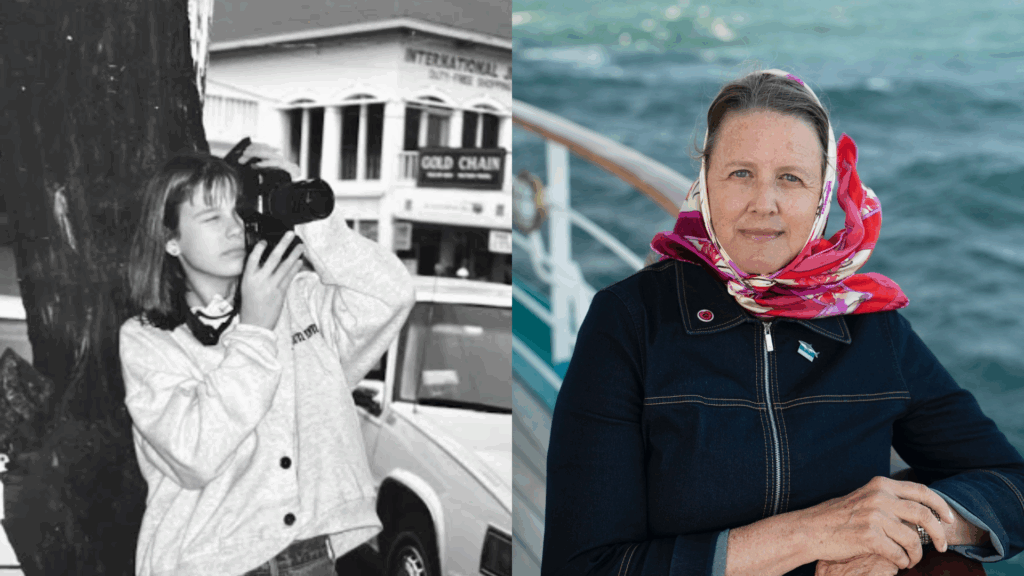
Typical study abroad experiences offer a variety of destinations in which students are immersed in the traditional cultures, institutions and interactions of their host countries. Semester at Sea seeks to provide a different kind of study abroad experience, by offering a comparative approach.
We recognize the benefit of an immersion-style learning experience, in which students are able to understand and appreciate the unique social conditions, cultural practices, and institutional phenomena of the country in which they are embedded. While this approach may give students a deep understanding of one nation or region, we find that the realities of today’s globalizing world require us to take a more broad view as well.
Instead of situating participants within one country or region, SAS exposes its students to a socially, economically, and culturally diverse array of destinations, from Takoradi, Ghana to Shanghai, China. As stated on our website, “Global, comparative education is the element that distinguishes Semester at Sea from other study abroad programs.” A broader, comparative approach emphasizes the growing importance of international relationships, and the importance of having a cross-cultural understanding for navigating or cultivating those relationships. As the nations of the world become increasingly interdependent, we must ensure that students are equipped with the knowledge needed to be truly global citizens. This necessarily means they must learn about and take into consideration the histories, practices, and beliefs of people around the world. Contemporary global events- financial crises, armed conflicts, allocation of development aid, or environmental protection- cannot be understood or effectively addressed without this knowledge.
Semester at Sea takes seriously the need to provide a learning experience that reflects the global interdependence of our world today. Our Mission statement asserts just such an objective:
“To educate individuals with the global understanding necessary to address the challenges of our interdependent world. With the world as our classroom, our unique shipboard program integrates multiple-country study, interdisciplinary coursework, and hands-on field experiences for meaningful engagement in the global community.”
To that end, our voyage itineraries expose students to a wide variety of port destinations. We choose ports, such as Cadiz, Spain, in which students will be able to examine, through direct, first-hand experience, how historical, social, and cultural events and relationships have shaped countries, cultures, and regions over time. It is our experience that this kind of pedagogical approach provides a unique experience, out of which emerge participants with information relevant to engaging with the world in which we live today.



